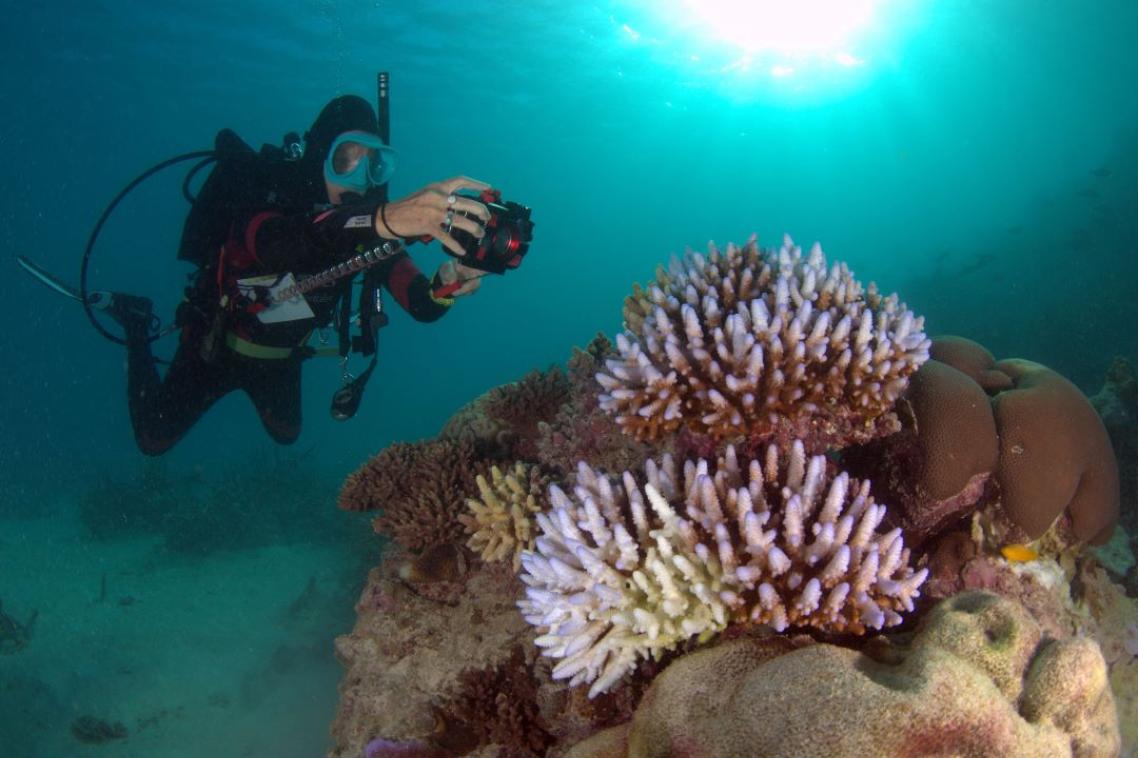Study to reduce prevalence of debilitating gastro-intestinal parasites
Researchers at The University of Queensland are embarking on a project to improve the health of hundreds of millions of children by reducing the prevalence of the world’s most common gastro-intestinal parasites.
Intestinal parasites cause chronic illness and some deaths in children, particularly those living in poverty with poor hygiene and are malnourished. Most commonly the infection causes anaemia, stunting, wasting and poor mental development in children. In adults, it causes severe diarrhoea, anaemia in pregnancy and associated poor birth outcomes.
The study will be conducted in Timor-Leste, the poorest country in South East Asia. It will test the effectiveness of a combination of mass community medication and a hygiene and sanitation program.
The study will have relevance to all developing countries in tropical regions of the world, potentially bringing better health to hundreds of millions.
Lead researcher, Associate Professor Archie Clements, of the School of Population Health, said while treatment with antiparasitic drugs cured infections in human hosts, it did not prevent rapid re-infection when people contacted a parasite-contaminated environment.
“We will quantify the impact of a hygiene and sanitation program that reduces environmental contamination in communities that receive mass treatment with the antiparasitic drug albendazole,” he said.
Dr Clements said the findings would also be directly relevant to infectious diseases control in Australian Indigenous communities.
The soil-transmitted helminths that will be the focus of the study include human hookworms, roundworm , whipworm and gastro-intestinal protozoa.
The three-year study is funded by a $987,270 National Health & Medical Council Partnership Project Grant.
Media: Marlene McKendry 0401 996 847
Topics
Related articles

Thousands of Queensland reef photos lead to worldwide change

UQ to conduct world-first tests into effectiveness of magnetic heat shields for atmospheric re-entry of large spacecraft
Media contact
UQ Communications
communications@uq.edu.au
+61 429 056 139
